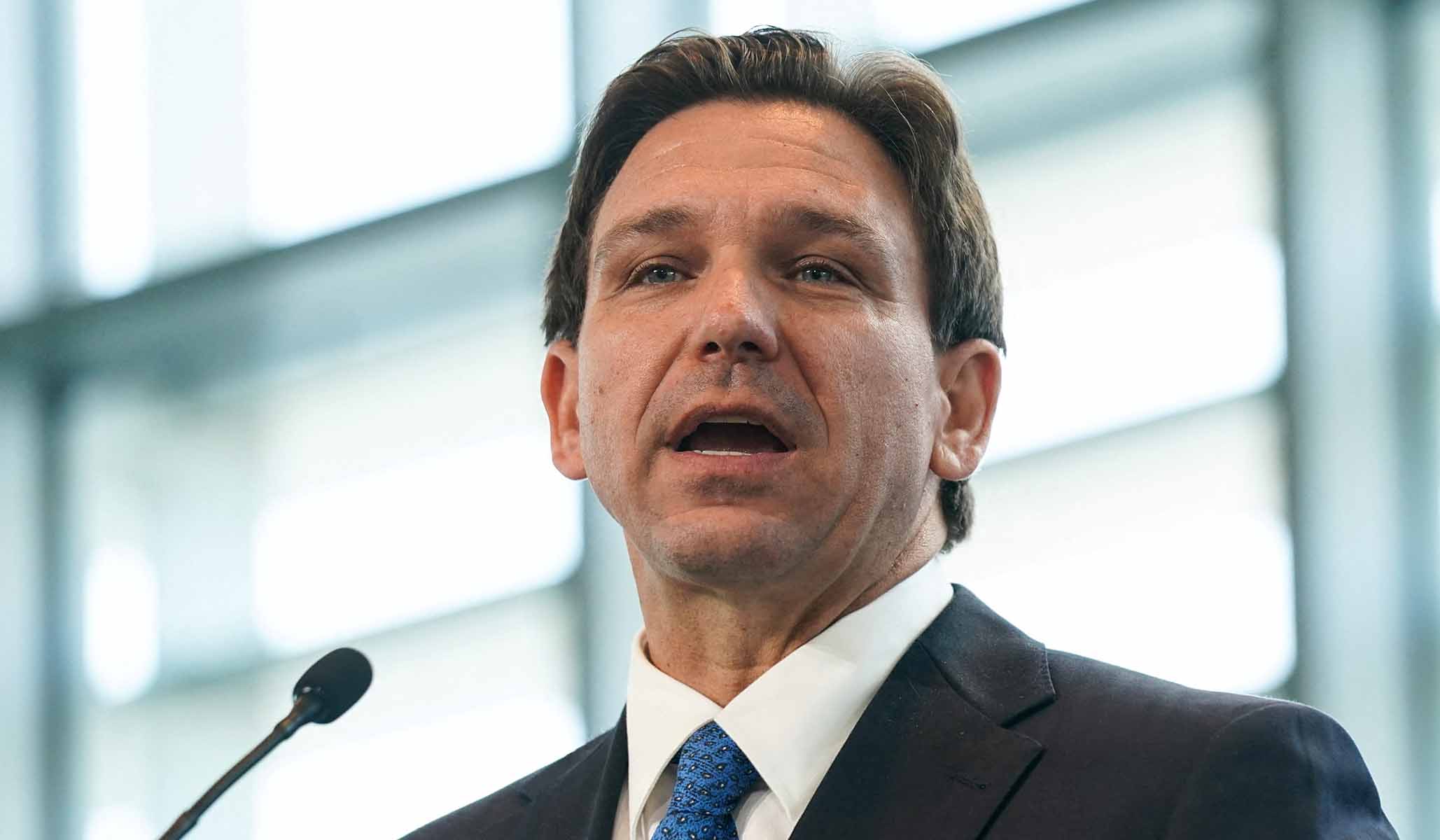


NRPLUS MEMBER ARTICLE I t’s not just school choice and tax cuts. Red states have also made 2023 a banner year for labor reform, the best in years. Credit goes to governors and lawmakers who want to empower workers, save money for taxpayers, and make their states more competitive and responsive to citizens’ needs.
The latest state to pass comprehensive labor reform is Florida. On April 26, the Republican-led legislature sent Governor Ron DeSantis a bill making it easier for more than 200,000 government workers — including teachers and most other Florida public employees — to have a choice and a voice on union representation. Most notably, they will no longer be saddled with a union that does not represent their interests.
Whenever a union falls below 60 percent of membership in a collective-bargaining unit, public employees will have the right to an election. They can vote to keep the union at their workplace, replace it with a different union, or remove union presence altogether. A Florida-senate bill analysis found that at least 40 local teachers’ unions in Florida were below the 60 percent threshold, and a 2012 Heritage study showed that a mere 1 percent of teachers in Florida’s largest schools actually voted for their unions, meaning current workers may be ready to revisit previous generations’ decisions.
To ensure that this provision works, the bill requires unions to be precise about their membership totals. Previously, unions self-reported the number of employees they represented, with little state oversight. The bill gives the state more information and the power to investigate union numbers, ensuring accuracy and accountability.
Similarly, public-sector unions will need annual audited financial statements from a certified public accountant, once again replacing a system in which the state took unions at their word. Government workers will also be given greater information about dues and their freedom not to join the union or pay fees — facts they deserve to know before paying a union.
Finally, the state will no longer be the bill collector for union dues, a policy known as “paycheck protection.” Public employees who wish to keep paying unions will be able to write a check or use a credit card, while taxpayers will no longer facilitate unions’ political spending, which the state should never encourage. This bill applies to all government workers except those in public safety, and Governor DeSantis has made it one of his top priorities, making his signature all but guaranteed.
Tennessee has also passed two major reforms, both awaiting Governor Bill Lee’s signature. The first, which applies to schools, is paycheck protection. The second guarantees private-sector workers’ right to a secret ballot in unionization elections when the state is providing economic incentives to a company — the first such reform in the nation. This follows Tennessee voters’ enshrinement of right-to-work in the state constitution last November, ensuring that unions cannot get workers fired for not paying them.
Two more southern states round out the list of reformers. In March, Kentucky passed paycheck protection over the veto of Governor Andy Beshear, while Arkansas governor Sarah Huckabee Sanders signed a similar measure to protect teachers in April. Unions such as the National Education Association rake in hundreds of millions of dollars every year; they should set up dues-collection systems without the taxpayer’s help. Plus, removing dues deduction from paychecks could give thousands of teachers another opportunity to make an informed choice on union membership.
Practically, these reforms will give workers more control over who represents them and safeguard taxpayer dollars. That’s in stark contrast with states like Illinois, where voters in November gave collective-bargaining agreements constitutional backing, paving the way for more union perks and the tax hikes that will inevitably follow. Similarly, in Michigan, a slim Democratic majority repealed the state’s right-to-work law in March, forcing private-sector workers to pay union fees and ending a policy that helped spur the state’s comeback. The Great Lakes State’s economic future is darker now than it was last year.
Are red states done? Surely not. Oklahoma may give teachers an annual option to decide on union membership in the coming weeks, along with more information about their rights. More are likely to take up the reform torch next year, seeing the benefits that states such as Florida, Tennessee, Kentucky, and Arkansas will soon reap, from greater economic competitiveness to fewer taxpayer-funded government union privileges, and a better quality of life and government services. As with school choice and tax cuts, red states are pulling ahead on labor reform, while blue-state competitors fall behind.
